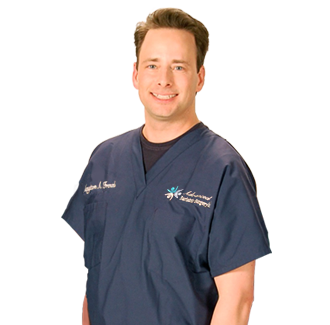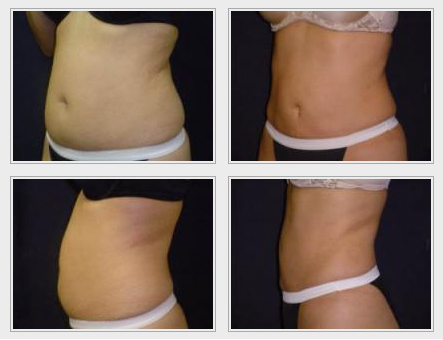There has been a significant decline in the number of cosmetic surgeries among teenagers 18 and younger, according to statistics released by the American Society for Aesthetic Plastic Surgery.
Nonsurgical procedures such as laser hair removal and chemical peels were the most popular cosmetic procedures among teens in 2010, while the most common surgery was otoplasty, which corrects the appearance of protruding ears.
Otoplasty is the most popular cosmetic procedure among children under 18, mostly around the ages of 5 or 6. Recovery from otoplasty is usually fairly quick and the procedure can prevent teasing. Rhinoplasty, or nose reshaping, is also popular during the mid-teen years, and can correct functional problems with the nose at the same time that it improves the appearance.
Other procedures involve reducing breasts, in boys and girls, or correcting breast asymmetry in girls. Liposuction is rare among teenagers, as cosmetic surgeons will often have serious reservations about performing it unless there are clear and unequivocal reasons in favor of it.
The statistics reveal a stunning 38 percent drop in the number of surgical procedures over the last two years, from 203,308 procedures in 2009 to 125,397 in 2010. Both figures are much lower than the 298,704 procedures reported in 2001, and seem to contradict a general impression that teenage cosmetic surgery has been on the rise in the past decade.
How do cosmetic surgeons decide whether a procedure is appropriate for a teenager? They’re always sure to talk with them first. It’s important that the physical feature in question has basically finished growing, since continued growth could distort the effects of the surgery. Cosmetic surgeons also discuss the procedure with the teenager, so that they can:
- dispel myths and misconceptions
- set up reasonable expectations for the surgery
- carefully consider benefits, drawbacks, and risks
- explore postoperative issues and recovery times
These steps are necessary to ensure that a teenager fully understands the nature of the procedure and will emotionally benefit from the experience.







